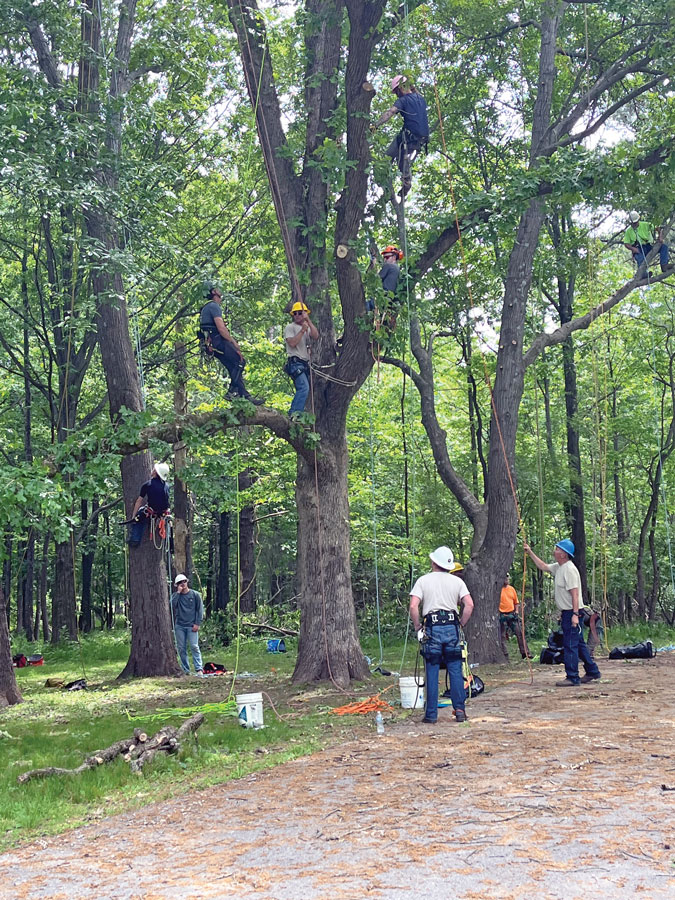No one knows the benefits of clean water better than our nation’s farmers. The food, fiber and fuel we produce to support the needs of all Americans requires clean water. The health of our most valuable asset—our land, requires clean water. And the well-being of our families and communities also requires clean water. However, new regulatory proposals will impose incredible burdens that will have unintended, yet lasting, consequences.
The Environmental Protection Agency and the Army Corps of Engineers have proposed a new regulation that would, once again, change the definition of “waters of the United States.” This regulation would repeal the successful Navigable Waters Protection Rule and reinstate the troubling pre-2015 WOTUS rule.
If finalized, this rule would erase all the clarity and certainty that we have spent years working for and give the agencies the ability to assert jurisdiction over dry land that is located many miles from a federally regulated water. The agencies would have the ability to aggregate waters together to capture entire watersheds as jurisdictional. This is concerning because it runs counter to congressional intent under the Clean Water Act and ignores the limits imposed by Supreme Court precedents.
Farmers want clean water, and they need clear rules.
Many farmers are wondering, “What does this regulation mean for me?” Quite simply, this rule is a game-changer for any landowner. It would greatly expand the universe of permits farmers would have to obtain. They would have to hire expensive environmental consultants and attorneys to navigate this overly complicated permitting process. This means more time, money and burdens for any business trying to comply.
Farmers need to know exactly where the line of jurisdiction lies because the stakes are high. The civil and criminal penalties for noncompliance have the potential to put them out of business or in jail.
One of the greatest pitfalls of this regulation is that it will inevitably discourage our nation’s farmers from implementing many environmentally beneficial projects on their land. Farmers often take on projects that provide erosion control, stormwater management, wildlife habitat, flood control, nutrient processing, and improve overall water quality in uplands and ephemeral features.
We will likely see fewer of these projects because this proposed regulation would require landowners to obtain costly federal permits to make these environmental improvements. That means progress of our state’s environmental efforts like the Illinois Nutrient Loss Reduction Strategy are in jeopardy when we complicate the lives of our farmers and the decisions they make on the land.
Unfortunately, this rule would exacerbate the affordability crisis we are experiencing in this country. It would make it more expensive for farmers and other businesses to bring their products to market at an affordable price due to the complex web of regulations they would have to navigate. This could put affordable food, safe housing and reliable energy out of reach for some Americans.









